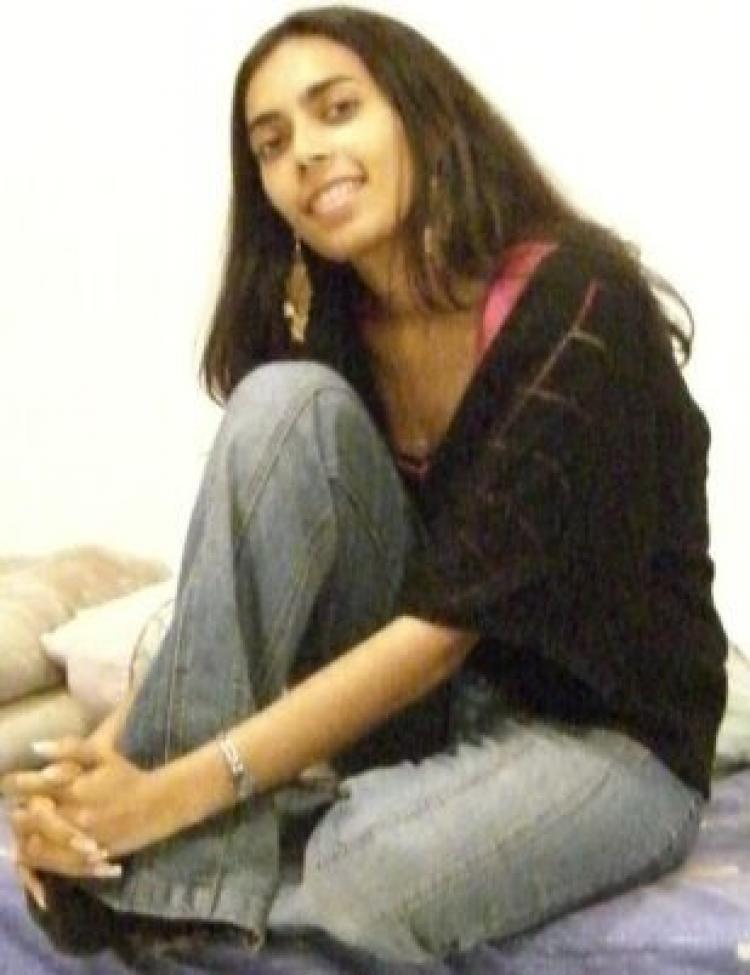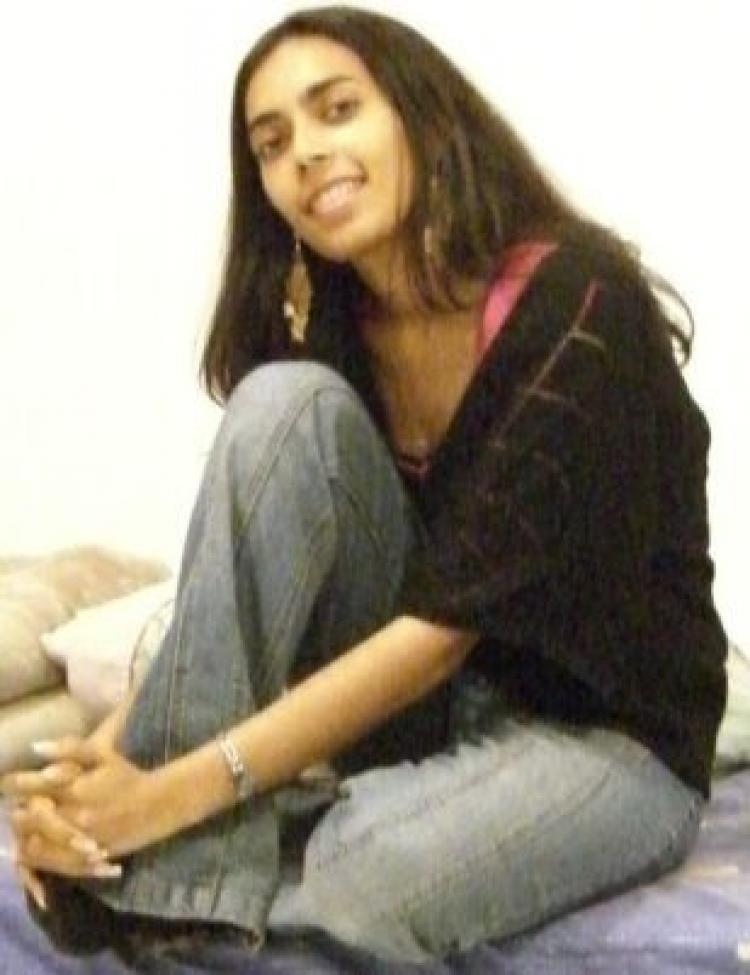As the old saying goes, the course of true love never runs smooth. But for Nazia Quazi it has been a particularly rough ride.
Twenty four-year-old Quazi’s problems started when she began dating a man her Muslim parents didn’t approve of. There were several reasons for that, she says, including that his parents were of different religions and his mother was a smoker.
They also had concerns that her boyfriend, Indian citizen Bjorn Singhal whom she met when they were both students at the University of Ottawa, only wanted to marry Quazi in order to become a Canadian citizen or to get his hands on her father’s estate.
Originally from India, in 2001 Quazi, her mother Shaheen Unnisa, and her two brothers moved to Canada from Riyadh in Saudi Arabia. Her father, Quazi Malik Abdul Gaffar, didn’t become a Canadian citizen and continues to work in Riyadh where he has lived for the past 25 years.
A University of Ottawa IT graduate who holds dual Indian-Canadian citizenship, Quazi says that because of her parents’ anger over her relationship the situation had become very tense.
However, things took a turn for the worse when in 2007 she traveled to Dubai to visit her boyfriend where he now lives and works. Her parents flew to Dubai to intervene, and took her from there to India. Then her father took her to Saudi Arabia to do Umrah, the religious pilgrimage to Mecca.
She’s been trying to get back to Canada ever since.
After arriving in Riyadh, she says her father took all her travel and identification documents and made himself her sponsor and male guardian without her knowledge. Gaffar also had her temporary visitor’s visa changed to a permanent visa.
Now, according to Saudi law, she needs her father’s permission to leave the country and he refuses to give it.
“He had all this planned out,” she says from Riyadh, where she works for a friend of her father who also provides her with accommodation.
“He knew that if he sponsored me on my Indian passport rather than the Canadian one, then there would be no way I could escape from here since the Indian government is not so serious about all this and they branded it a private family matter in which they would not interfere.”
Male guardianship system
Under the Saudi system, women must have her male guardian’s permission to do such things as hold a job, travel, drive, or marry. It is thanks to this system that Quazi’s father has been able to prevent her from leaving the country—despite the fact that neither of them is a Saudi citizen.
Quazi alleges that both her parents, but particularly her father, have been physically and emotionally abusive to her because she refuses to give up her relationship with Singhal.






